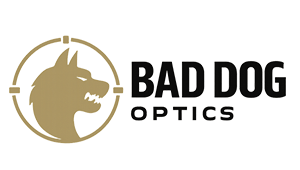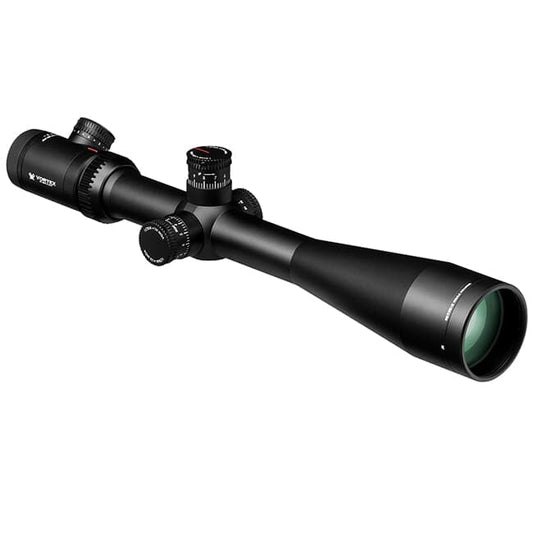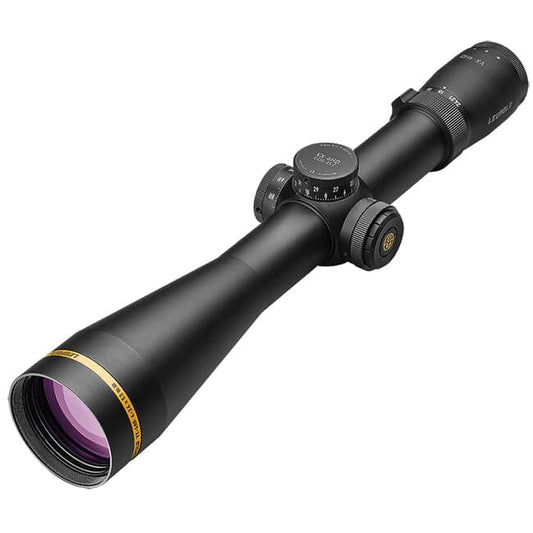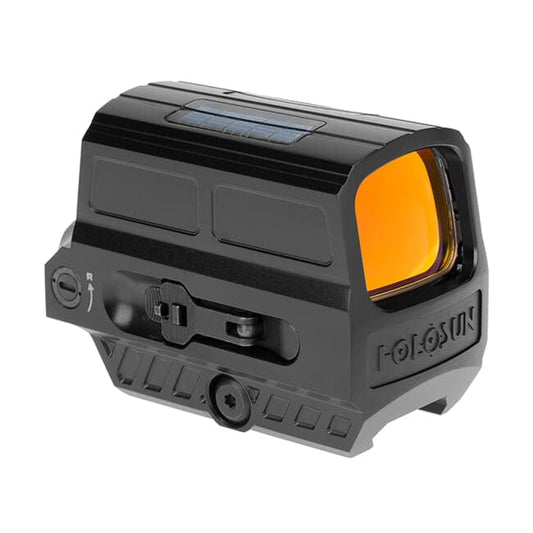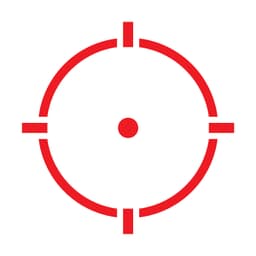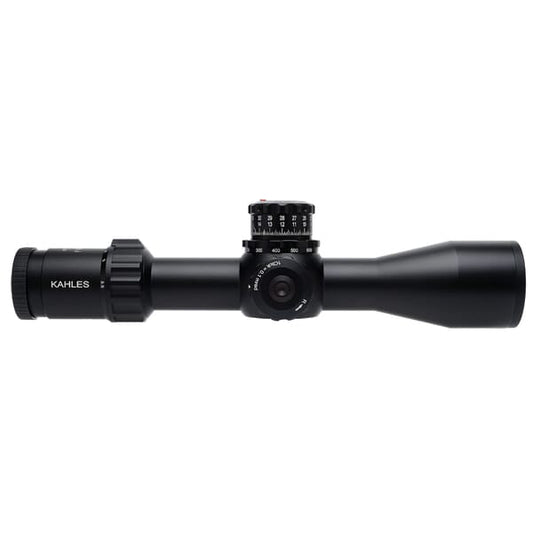

Kahles K318i 3.5-18x50 CCW MSR Riflescope is engineered for precision shooting, featuring a versatile 3.5-18x magnification range and a 50mm objective lens for clear viewing in various lighting conditions. The first focal plane MSR reticle ensures accurate holdovers and rangefinding at any magnification, making it suitable for tactical applications and competitive shooting. With an integrated parallax adjustment in the elevation turret, users can easily manipulate settings for optimal performance, whether for right or left-handed use.
Designed for durability, the K318i withstands harsh environments while maintaining reliable performance. Its TWIST GUARD windage system prevents accidental adjustments, allowing shooters to maintain zero even in dynamic conditions. At just 940g, this ultrashort riflescope balances portability with functionality, ensuring effortless handling during extended use.
Key Features:
- OPTICAL EXCELLENCE: Superior image quality with high contrast and clarity across the entire magnification range, enhancing target acquisition and accuracy.
- COMPACT DESIGN: Ultrashort and lightweight construction provides improved maneuverability and balance on your firearm, without compromising on performance.
- FIRST FOCAL PLANE RETICLE: Illuminated MSR reticle in the first focal plane maintains accurate subtensions at all magnifications, enabling precise holdovers and rangefinding.
- TWIST GUARD WINDAGE: Patented system prevents accidental adjustments while allowing quick and easy manipulation, ensuring your zero stays intact in the field.
- INTEGRATED PARALLAX ADJUSTMENT: Parallax wheel incorporated into the elevation turret for ergonomic handling and simplified operation for both right and left-handed shooters.
- PRECISE CLICK MECHANISM: Clearly defined and reliable click adjustments for accurate and repeatable zeroing and on-the-fly corrections.
- DURABLE CONSTRUCTION: Built to withstand harsh environments and recoil, ensuring consistent performance in any shooting situation.
- VERSATILE MAGNIFICATION: 3.5-18x zoom range suitable for various shooting distances and scenarios, from close-range engagements to long-range precision.
Technical Specifications
| Feature | Specification |
|---|---|
| Magnification | 3.5-18x |
| Objective Lens Diameter | 50mm |
| Tube Diameter | 34mm |
| Reticle | MSR (Illuminated) |
| Focal Plane | First |
| Turret Rotation | Counter-Clockwise (CCW) |
| Windage Placement | Right Side |
| Eye Relief | 92mm |
| Field of View | 9.3 - 2.0 m/100m |
| Length | 313mm |
| Weight | 940g |
| Parallax Adjustment | 25m to infinity |
| Illumination | Yes |
| Warranty | 10 years |
What's in the Box?
- Kahles K318i 3.5-18x50 Riflescope
- Lens Covers
- User Manual
- Warranty Card
Customer Reviews
"This scope offers outstanding clarity and performance in low light. The adjustments are precise, making it easy to zero in." - Alex T.
"Lightweight and compact, it fits perfectly on my rifle. The illuminated reticle is a game-changer for tactical applications." - Jamie L.
"Highly recommend for long-range shooting. The build quality feels solid, and the view is crystal clear." - Sam R.
FAQ
How does the K318i perform in low-light conditions? The 50mm objective lens and illuminated reticle enhance visibility in low-light situations, making it effective for hunting at dawn or dusk.
Is the K318i suitable for competitive shooting? Yes, its precise adjustments, first focal plane reticle, and compact design make it ideal for competitive settings, allowing quick target acquisition and accuracy.
What maintenance is required for this riflescope? Regular cleaning of the lenses and checking for mechanical integrity is recommended. Use a lens cloth for cleaning and ensure the scope is securely mounted to avoid misalignment.
Similar Models
Looking for more options? Explore our range of Kahles optics, including the Kahles K624i for advanced long-range precision and the Kahles K318i 3.5-18x50 for versatile tactical applications. Discover the full collection to find the perfect optics for your shooting needs.
You May Also Like
Here’s some of our most similar products people are buying. Click to discover trending style.
